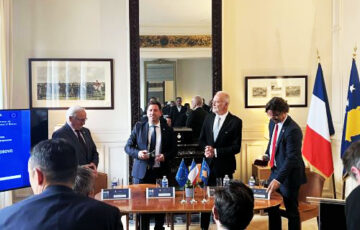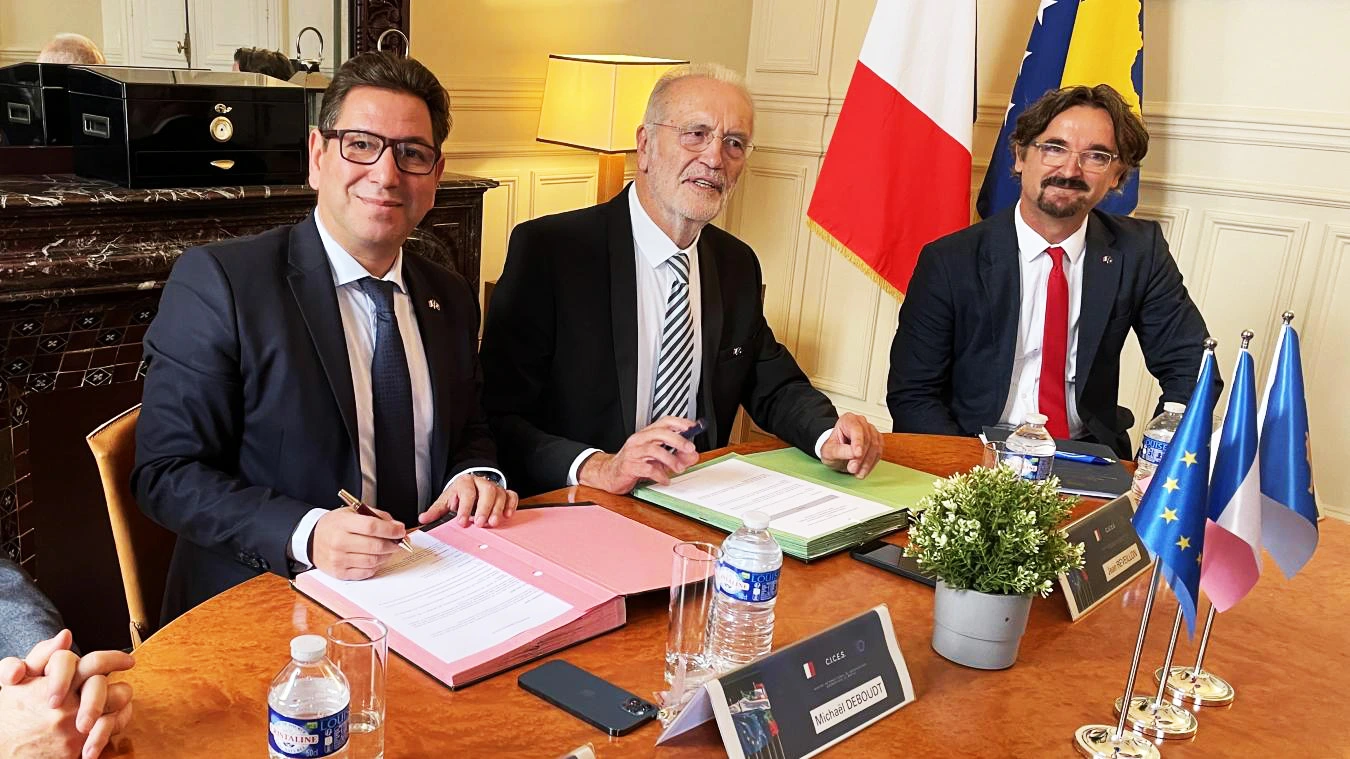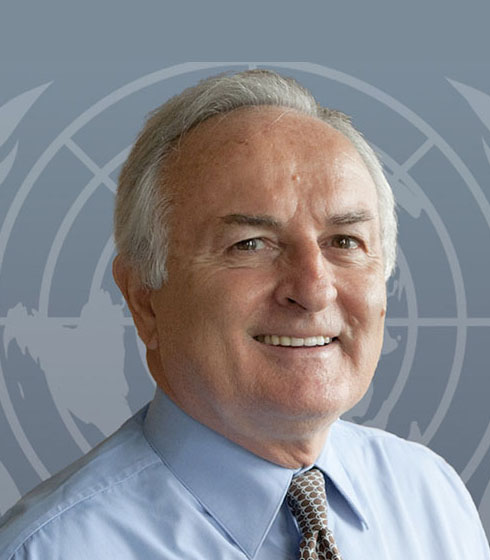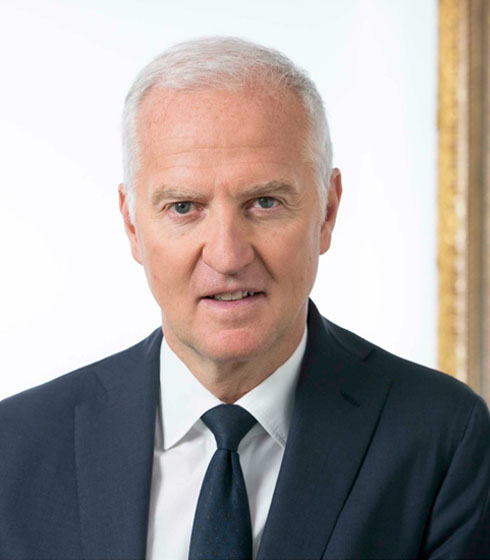CICES is guided by a value system that incorporates a commitment to democracy, the promotion of the rule of law, social responsibility according to ESG criteria and the CSRD Directive, international cooperation, excellence, and inclusion. By adhering to these values, we ensure that our actions are not only effective but also ethical, sustainable, and focused on creating a positive long-term impact for countries in economic transition. These values allow us to remain true to our mission while responding to the complex challenges of global development with integrity and determination.
The signing ceremony of the statutes was held in the presence of Mr. Mehdi Halimi, Ambassador of Kosovo in France.











